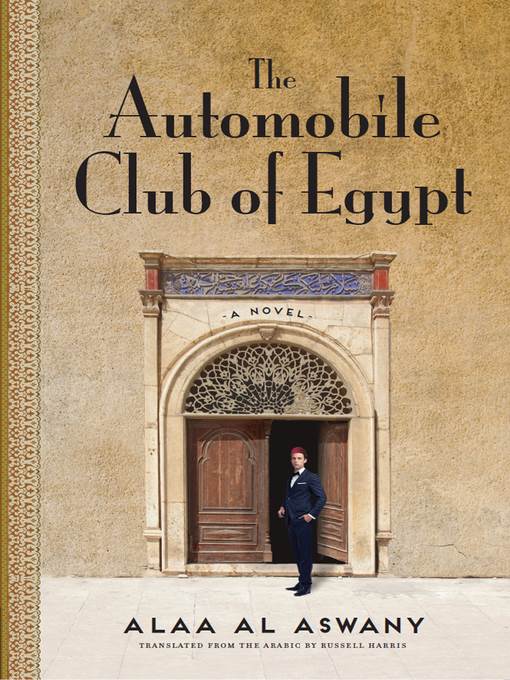
Automobile Club of Egypt
کتاب های مرتبط
- اطلاعات
- نقد و بررسی
- دیدگاه کاربران
نقد و بررسی

July 6, 2015
The latest from bestselling Egyptian novelist Al Aswany memorably evokes corrupt British-occupied Egypt in the years before the 1952 revolution. When well-respected landowner Abd el-Aziz Gaafar is forced into bankruptcy, he moves his wife and family from Daraw to Cairo and finds work at the Automobile Club of Egypt. A microcosm of Egypt itself, the Eurocentric, elitist club employs Egyptians as menials and treats them like slaves. Beaten for his lack of submissiveness, Abd el-Aziz dies suddenly, leaving his family in peril. Dutiful daughter Saleha forsakes her beloved studies for a marriage that benefits her selfish brother, Said. Her other brothers, Mahmud and Kamel, take jobs at the Automobile Club; Mahmud uses his position to meet wealthy women who pay him lavishly for sex, while Kamel juggles his job with dangerous work in the underground nationalist movement, which is beginning to gain a foothold in the country. The desire for dignity and human rights arises in the club as well. But workers who demand more humane treatment face opposition from powerful Alku, the hedonistic king's right-hand man, and fellow employees who have grown craven from years of abuse. Myriad colorful details, intertwining narratives, and dramatic cliffhangers form an earthy, entertaining contrast to the novel's sober preoccupationsânamely, the human spirit's capacity to both transcend and be crushed by oppressive systems.

August 1, 2015
This raucous, technicolor novel by Al Aswany (Friendly Fire, 2009), one of Egypt's most political and popular novelists, appears to be about the lives of the country's ordinary citizens, but at its blazing heart is the seething discontent that led to the 1952 Revolution that threw out the British occupiers and kick-started the Nasser era. Facing penury, landowner Abd el-Aziz Gaafar relocates his family to Cairo and finds a job at the Automobile Club of Egypt. Unfortunately, work at the club, a popular hangout for the British occupiers, is as oppressive as the desert heat. When the patriarch is brutally and fatally beaten, his sons, brawny Mahmud and intelligent Kamel, take his place to save the family from bankruptcy. The crisp chapters, often ending in cliff-hangers, are mostly narrated by the Gaafars, including Saleha, the dutiful daughter. Even if the compulsively readable story, painted on a vast canvas, comes at the expense of character development, Al Aswany's novel stands as a searing examination of worker subjugation and other injustices.(Reprinted with permission of Booklist, copyright 2015, American Library Association.)

























دیدگاه کاربران